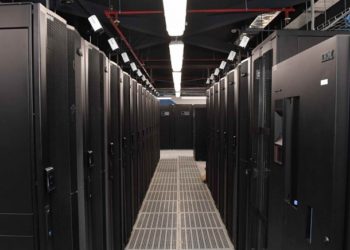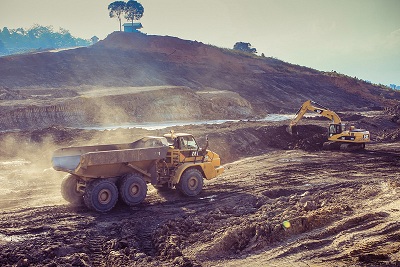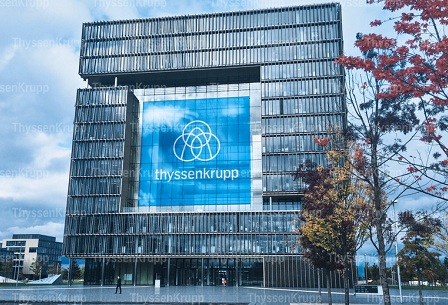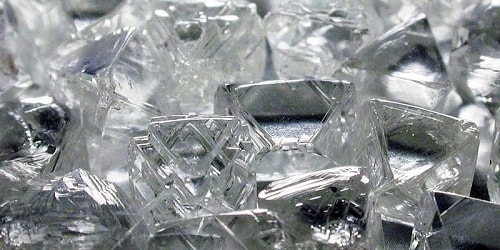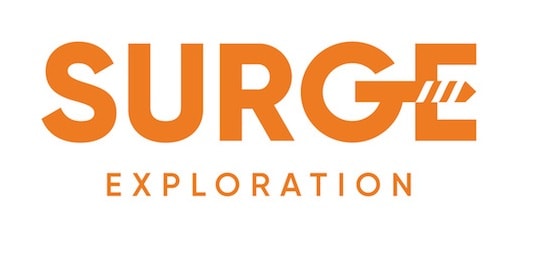Kaltim Prima, one of the new generation of Indonesian thermal coal producers, is located in north-eastern Kalimantan. It owns mining concession areas of 90,960ha including the two mining areas of Sangatta and Bengalon. PT Kaltim Prima Coal (KPC) was originally jointly owned by BP and Rio Tinto.
Although BP and Rio Tinto’s Contract of Work required the companies to divest part of their holding to local interests, up until 2003 no Indonesian purchaser was able to raise the finance needed to buy them out.
In mid-2003, the companies announced the sale of their holdings in KPC to PT Bumi Resources for a cash price of $500m, including assumed debt. PT Bumi Resources already owned PT Arutmin Indonesia, another major Indonesian coal producer, and has interests in oil, natural gas and mining, amongst other commercial sectors.
Project development
BP and CRA (now Rio Tinto) successfully tendered for a 7,900km² licence area in eastern Kalimantan in 1978. Exploration from 1982–86 indicated reserves of 112Mt of export-quality thermal coal. Construction began in 1989 and the mine was commissioned in 1991 as a 7Mtpa operation at a cost of $570m.
The Sangatta mine has a mine-life of up to October 2020.
In mid-2004, PT Bumi awarded the Australian contractor, Henry Walker Eltin, a $1.2bn, ten-year contract for infrastructure development and mining services at Bengalon, located 25km from the Sangatta operational area. The development was completed in 2006 and had a 6Mtpa capacity. It was upgraded to 12Mtpa in 2011. The upgrade contract to construct a new coal crushing and port facility was awarded to Mitratama Perkasa, a subsidiary of McConnell Dowell in February 2011. The work was completed in the next few months.
Geology and coal quality
Pressure and heat associated with an igneous intrusion has increased the rank at Kaltim Prima to high-volatile bituminous coal. A total of 13 seams range in thickness from 1m to 15m; typically in the range of 2.4m to 6.5m. Seam dips vary from 3° to 20° at the outcrop. The seams are very clean in terms of mineral matter and sulphur and, at 4–8% in some areas, the in-situ moisture content is low.
As of 2010, PT Bumi cited reserves at Sangatta at 1,222Mt, plus 217.5Mt at Bengalon. The company also has measured and indicated resources of some 7,890Mt.
The operation produces three main products. Prima Coal is a high-volatile bituminous steam coal with high calorific value, very low ash, low sulphur and low total moisture. Pinang Coal is similar but has a higher moisture content and Melawan is sub-bitumenous coal with low sulphur and ash and high moisture.
KPC blends run-of-mine coal from its various pits to ensure product consistency.
Mining technology
KPC operates six to 12 individual open pits at any time, the average stripping ratio being 7.5bcm (bank cubic metres) of overburden per tonne of coal. The overburden material degrades quickly on exposure to the atmosphere and generally provides easy digging.
Some overburden rock requires blasting to ensure adequate fragmentation for the shovels. KPC carries out its own mining in most of the pits, but also contracts out a smaller proportion of its mining requirements.
The mine’s loading fleet consists of over 20 large hydraulic shovels and backhoes with bucket capacities of up to 34m³. Leading suppliers include Hitachi, with nine EX3500 machines and six EX1800s, and Liebherr, which has six R996 Litronic shovels/backhoes on site.
Overburden haulage involves a fleet of 137 trucks, including Caterpillar 785s and 789Bs with capacities of 135–185t, Cat 777s (85t) and Komatsu HD785s (also 85t). Truck scheduling is carried out using a GPS-based Mincom dispatch and management system.
Coal processing
With selective mining, over 90% of the run-of-mine coal only needs crushing and blending to give export-quality Prima Coal. Coal from the seam roofs and floors contains more mineral material, and so has to be washed. This ‘dirty Prima’ and Pinang material is handled separately from the ‘clean Prima’, with individual streams for the different raw materials.
After crushing to –50mm in Gundlach rolls crushers, the washing plant uses dense medium cyclones for 0.5mm to 50mm feed, and spirals for the –0.5mm material, products being dewatered in centrifuges before blending into the Prima Coal stockpile.
Overland to the port
The mine site contains separate stockpiles for the Prima and Pinang products, holding 60,000t and 35,000t respectively. Coal is reclaimed and transported by a 13km-long, 2,100t/h-capacity overland conveyor to Kaltim Prima’s dedicated port facilities at Tanjung Bara.
Further stockpiles hold a live capacity of 350,000t of Prima and 150,000t of Pinang coals. Coal is transferred directly from mine to ship whenever possible.
Vessels of up to 220,000dwt can be handled by the port, with loading facilities at the end of a 2km-long jetty. Twin quadrant loaders can each handle up to 4,700t/h, the normal loading throughput.
Production
Since production began in 1992, Kaltim Prima has increased its output year-on-year, from 7.3Mt in its first year to some 40Mt in 2010 – 35.7Mt at Sanggata and 4.3Mt in Bengalon.
The Indonesian Government receives a royalty equivalent to 13.5% of the revenue




